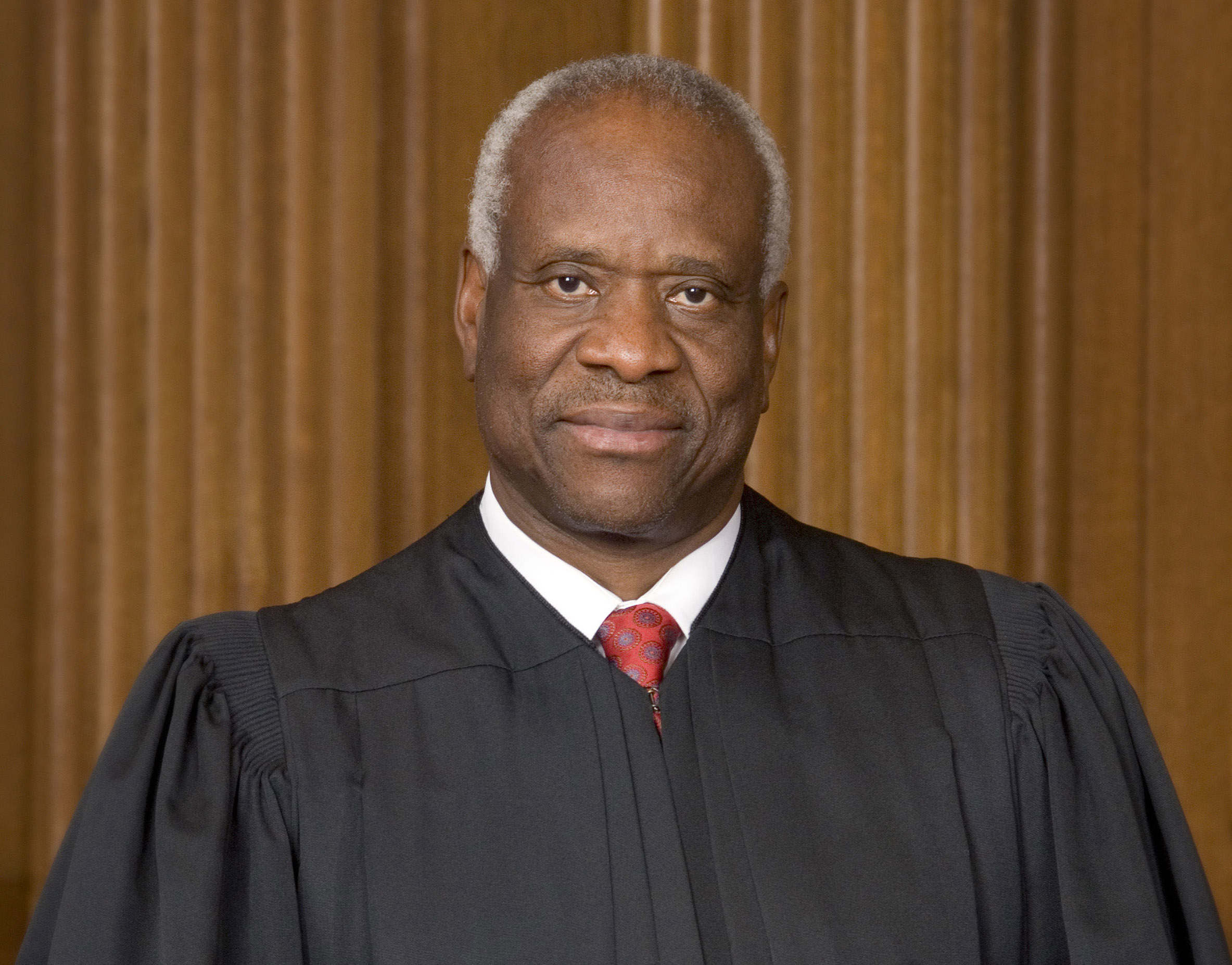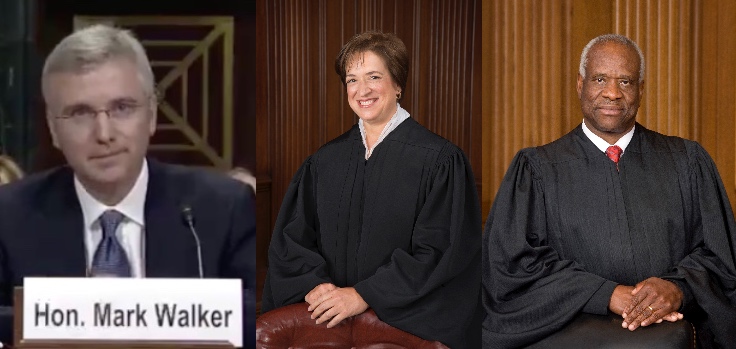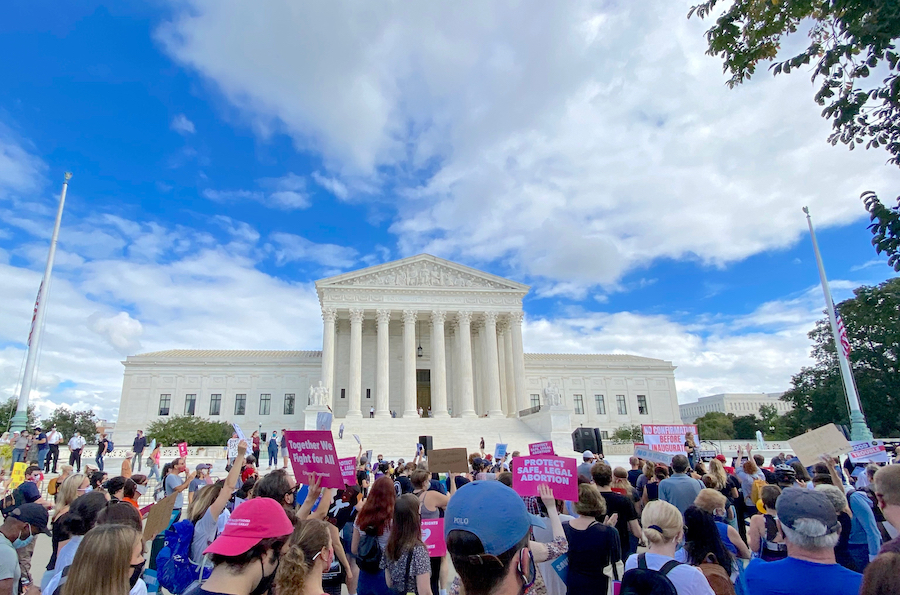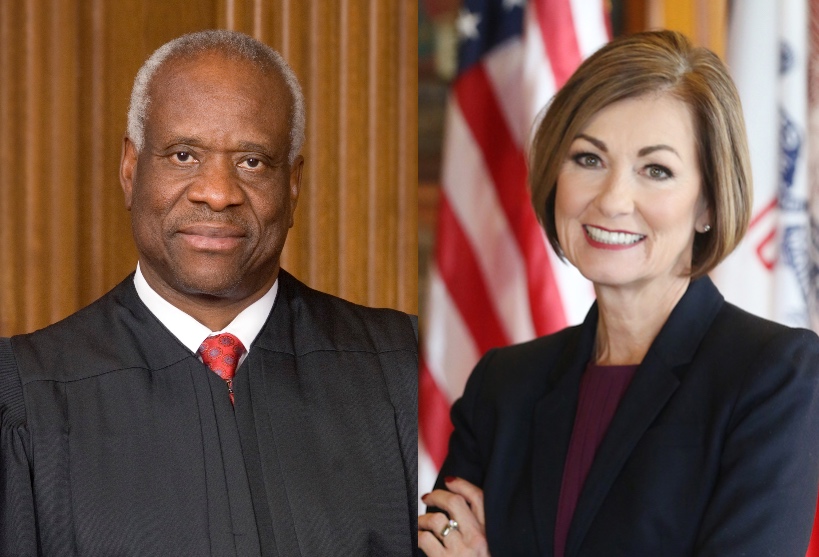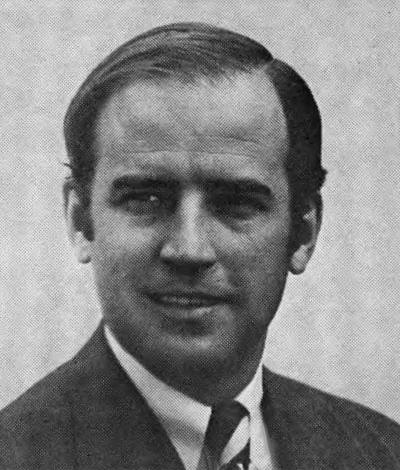Kurt Meyer writes a weekly column for the Nora Springs – Rockford Register and the Substack newsletter Showing Up, where this essay first appeared. He serves as chair of the executive committee (the equivalent of board chair) of Americans for Democratic Action, America’s most experienced liberal organization.
Sometimes it’s called a code of ethics, sometimes a code of conduct. In my experience, any such code is necessary, primarily when someone is acting in a way that either is, or might be perceived, as being contrary to basic ethical norms. Yes, public perception matters. If your entity has never had need for such a code, you’re lucky; you may want to put some “guardrails” in place before you’ll wish you had.
“Basic ethical norms” is a vague reference, with often difficult-to-agree-upon specifics. In most local governance situations—such as the nonprofit boards I’m most familiar with—such codes are dangerously rare. Occasionally, guidance comes from a national office, if one exists. For example, the American Bar Association (Model Rules of Professional Conduct) addresses attorneys and the American Medical Association (Code of Medical Ethics) does the same for physicians.
Continue Reading...
